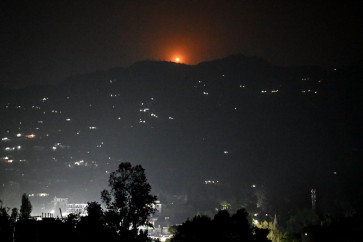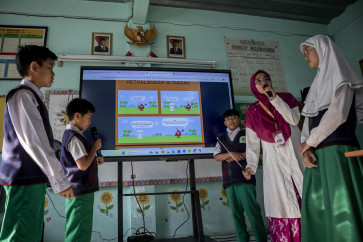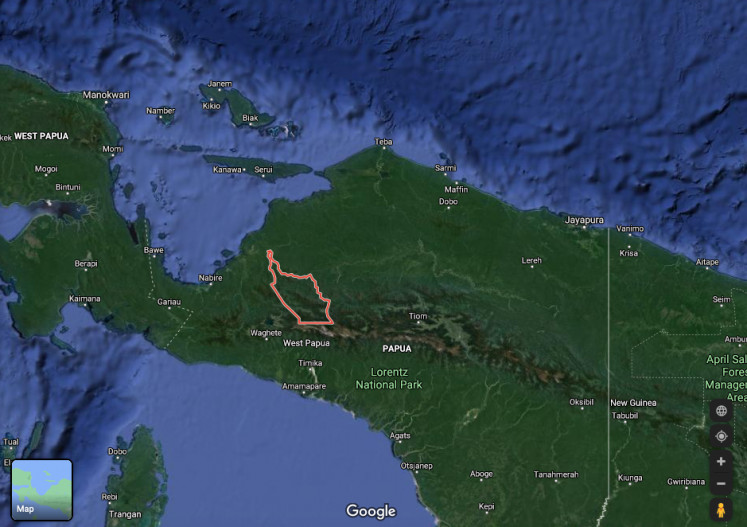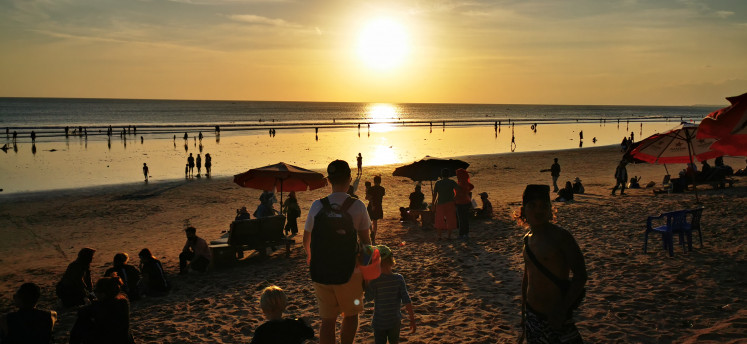16 people die from dengue in West Java this month
A dengue outbreak in West Java has killed at least 16 people this year, with 1,909 total cases reported, an official said Friday
Change text size
Gift Premium Articles
to Anyone

A
dengue outbreak in West Java has killed at least 16 people this year, with 1,909 total cases reported, an official said Friday.
Wahyu Suryaputra, head of the communicable disease control section of the West Java Health Agency, said that the disclosed figure was still only temporary. The outbreak was reported from Cianjur, Sukabumi and Depok.
The largest number of cases was discovered in Bandung with 622 cases, while the highest fatality rate was in Bekasi, where three patients died out of only 43 cases.
"We haven't declared this an extraordinary outbreak yet because the number of infections is still smaller than in the corresponding period last year," Wahyu said in Bandung.
"But we have ordered all the health offices to be on alert status. This is the rainy season in which the virus spreads easily."
Wahyu disclosed that in January last year, 2,245 infection cases were recorded and 22 people died from dengue. That figure fell from 4,532 infection cases in the same period in 2007, when 77 died.
In total, it was reported that 231 people died in West Java last year, falling from 291 in 2007.
Besides Bekasi and Indramayu, dengue cases in January 2009, were also reported in Sukabumi, Bekasi, Karawang, Subang, Bogor, Sumedang and Tasikmalaya.
Bekasi witnessed the second largest number of infections with 193 cases, followed by Indramayu, Karawang, Cimahi and Bogor, each with more than 90 cases.
Wahyu said it was not strange that the largest number of deaths due to dengue were found in West Java because the province has 42 million residents, the largest population in Indonesia.
"If we look at the trend, the cases are dwindling. We are noticing an increasing level of awareness among the people, especially in big cities. Bandung, for example, saw 622 cases, but no fatalities," he said.
Wahyu said he had instructed all officers at community health centers to be more proactive in encouraging people to keep their surroundings clean. They also had to aggressively campaign to create awareness about the eradication of mosquitoes, to clean any old water containers and to throw away garbage.
Gunadi Sukma Binekas, head of the Bandung Health Office, said that his office had conducted a series of activities to curb the rate of infection. Over 65 fumigation activities had been launched, accompanied by a briefing on how to clean the mosquito dens.
Gunadi said, however, that despite any preventive measures, Bandung's infection rate this month was twice the rate during the same period last year, when there were only 300 cases.
He predicted the dengue outbreak would culminate between February and March this year. "The weather is unpredictable now; sometimes it's raining and the mosquitoes like this season," he said.
Rita Verita, an officer at the Bandung Health Agency, attributed the outbreak to the transient nature of Bandung residents and the high influx of tourists from various cities as a means to spread dengue fever.









